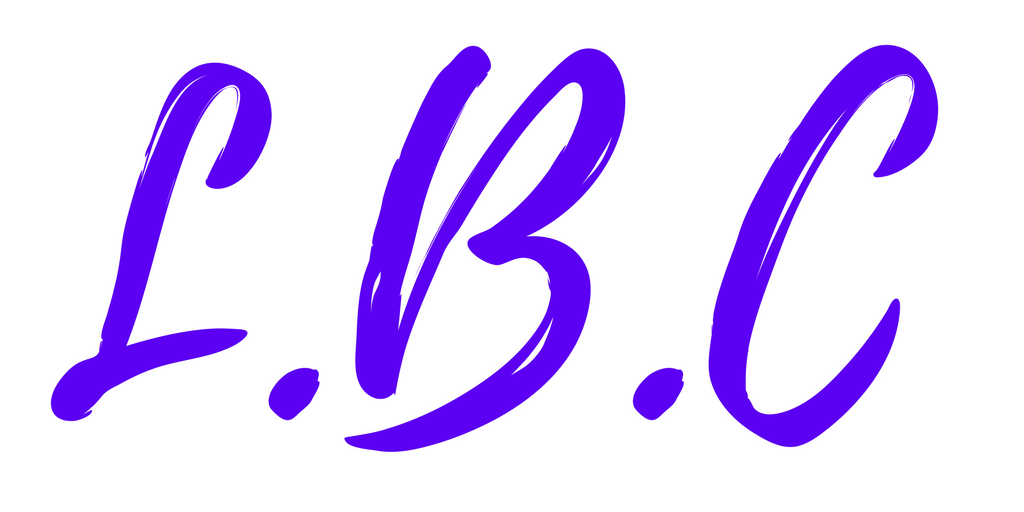
Recently I have had requests for info about how I became a voice teacher. Well, the first thing I can tell you is that teaching was never my back-up plan or my side hustle. By the time I went to College, I had already studied years of Violin, voice and had been immersed at schools focused on strings and choir. I had great ears, great sight reading and good music theory skills. I went to theatre school, after working professionally as an actor for 3 years. When we were in 3rd year at Sheridan, we had to talk about where we wanted to be in 5, 10 and 20 years. I already knew that my heart had been stolen from my aspirations to perform, by my passion for singing, learning to sing, teaching singing, and learning to teach. I spent the next 5 years pursuing performing and then devoted myself to becoming a classical singer. Having spent most of my performing life in the contemporary voice world, I realized I really needed to become a member of the classical world. I began studying with a Bel Canto teacher here in Toronto, Alan Reid, 10 years, every week, and then he took me off to New York where I studied with Bel Canto Maestra Dorothy Stone and also studied teaching with her. I spent 6 wonderful years in New York studying with coaches, ranging from Rock and Pop, cross-training, classical, and Musical Theatre. I saw everything I could, buying the cheapest tickets, and sitting in the Gods.
At home, I started taking piano, to be able to competently play for my students.
My next adventure was to begin the teachers training summer programs at Penn State. At that time it was the only program of it’s type. There they specialized in the pedagogy of cross training singing between Bel Canto classical voice, and the world of belting. I became a specialist in this area, and a virtuoso belter.
The studying never ends, I just completed my first 2 levels of CCM training to specialize in teaching commercial voice with Jeanie Lovetrie in her Somatic Voice Work Program for teachers. My studies have taken me all over the map.

In order to call yourself a voice teacher, you really must know how to balance a voice, which means you need to master the anatomy of voices, and how they work. It is different to coaching a song. If a teacher doesn’t know what they are doing they can really do more harm than good. I have had so many students come to me after years of training, but they have not established head voice, falsetto or in the case of many sopranos, chest choice. It isn’t simply scales, it is about knowing the proper exercises for each individual. Technique is not “warmups”or coaching a song. For me, I also include components of ear training, sight singing, theory and repertoire.
I joined NATS, and other respected organizations, ACTRA and CAEA. I got to know other teachers and develop great relationships with them. One of those teachers, my Mentor, Christina James, gave me my first break in 1997 to teach at Sheridan. I taught there for nearly 20 years. I taught for 12 years at George Brown College and now am in my 8th year at Randolph College. I have a busy private studio, and I teach workshops all over North America. I adjudicate at the music festivals, and I still perform professionally. You have to stay current in this game. As a teacher you need to be able to do what your students will be expected to do, that means sing and teach all genres of music.
Teaching has given me the life I hoped for. I wanted a house, and kids, and I did not want to be away from them. I wanted stability, but to still be fully in the theatrical world, and I am. I am so proud of my students and their accomplishments. I am blessed to have the gift of teaching. Every student is a new adventure, their discoveries bring me such joy. I don’t ever want to retire, but one day I will, and make room for all the new young voice teachers coming up the ranks. That day is far off. I still have so much to learn, and so much to impart.
Keep singing, keep learning and keep loving music. It keeps us young, and it feeds our souls!
Louisa

Recent Comments